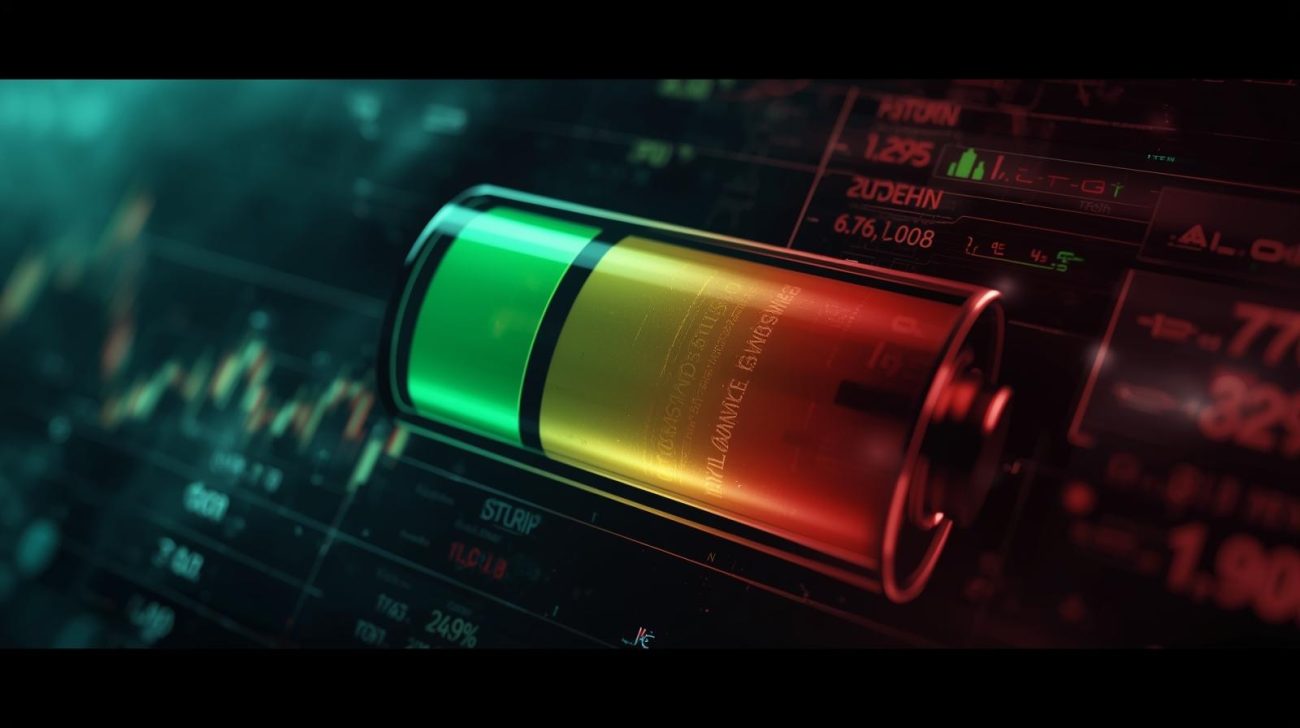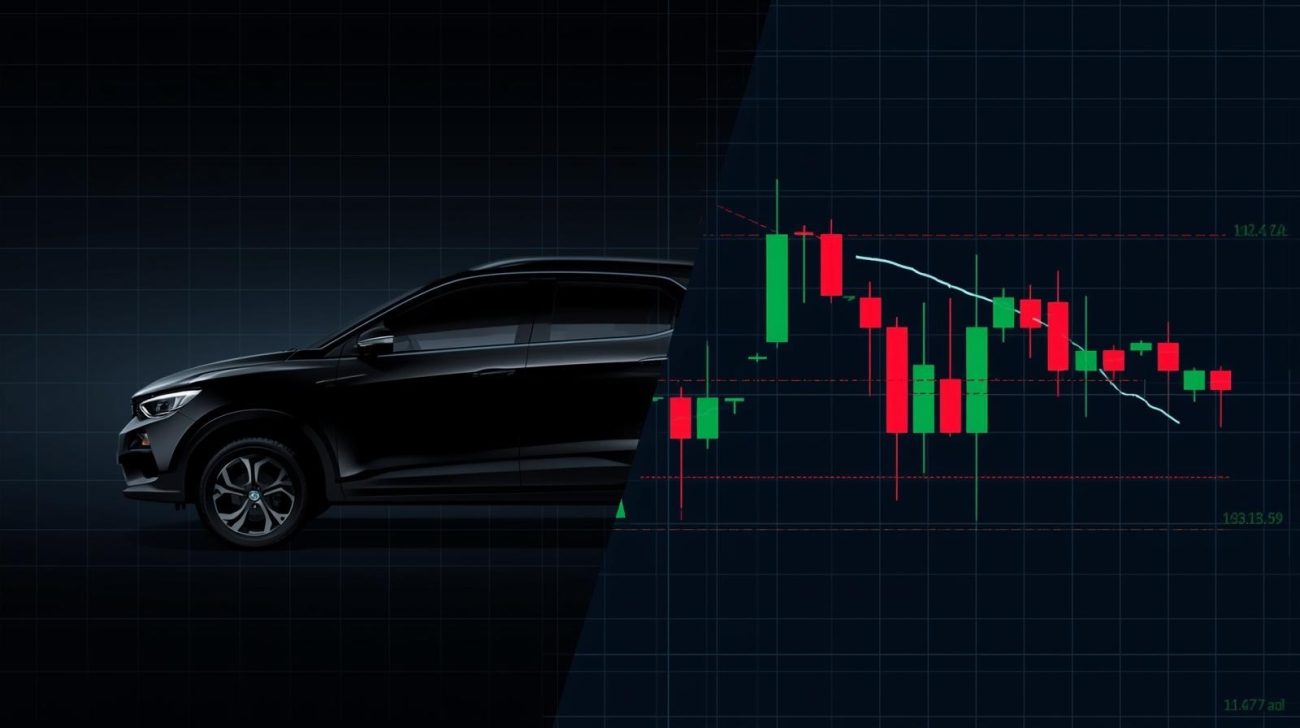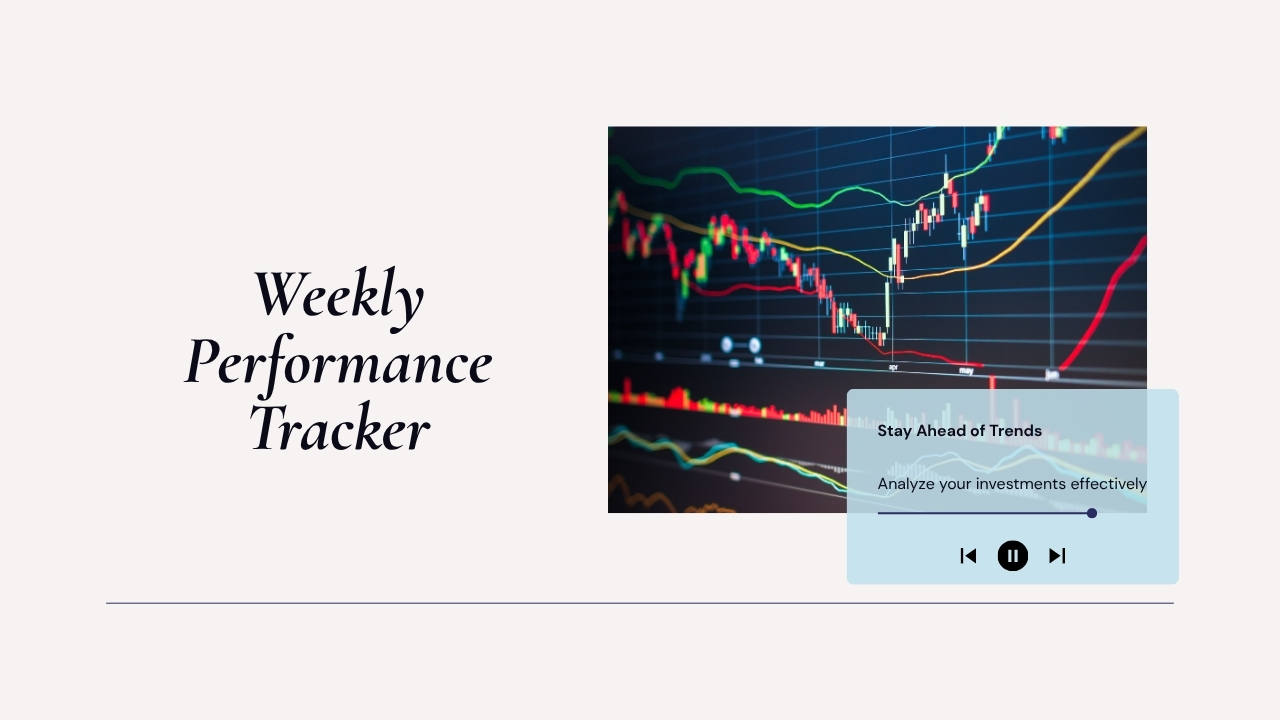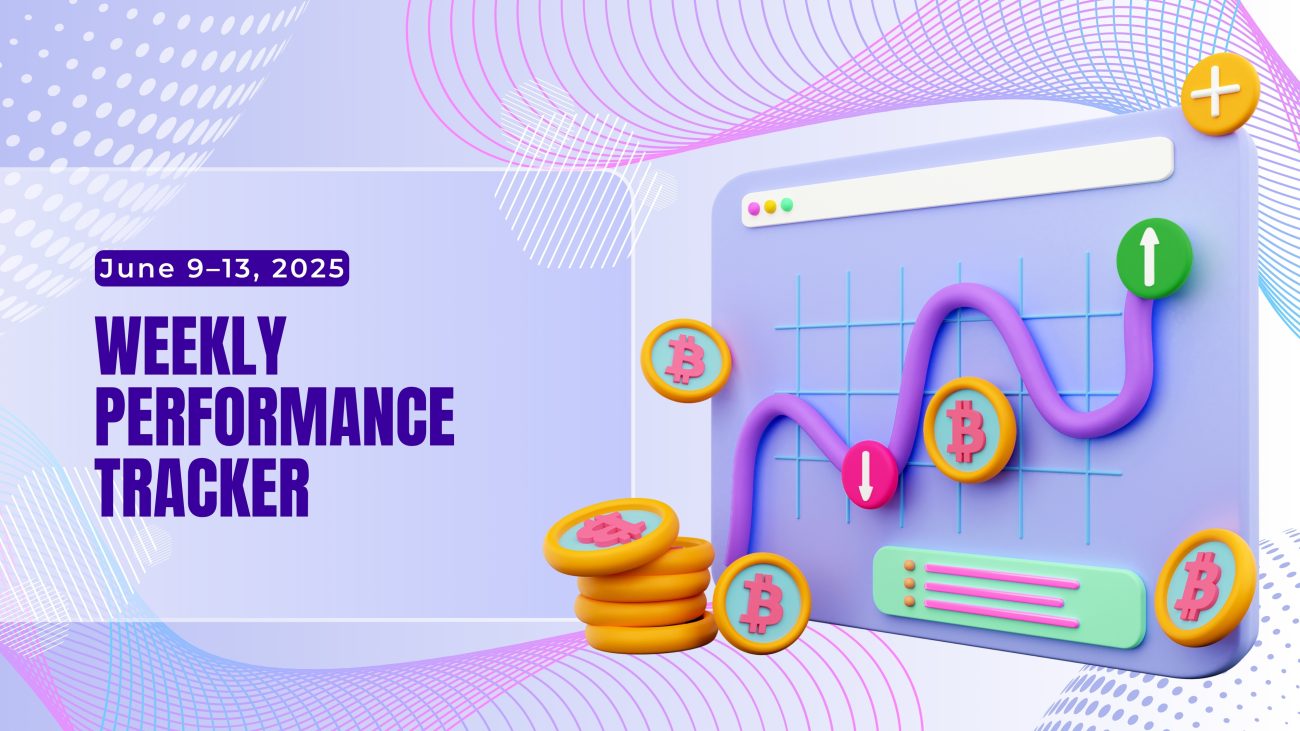EV Weekly Tracker —
| Company (ticker) | Aug 4 close (₹) | Aug 8 close (₹) | Weekly change (₹) | Weekly change (%) |
|---|---|---|---|---|
| Tata Motors (TATAMOTORS.NS) | 653.60 | 633.70 | -19.90 | -3.04%. |
| Mahindra & Mahindra (M&M.NS) | 3,200.20 | 3,144.20 | -56.00 | -1.75%. |
| TVS Motor (TVSMOTOR.NS) | 2,942.50 | 2,968.90 | +26.40 | +0.90%. |
| Bajaj Auto (BAJAJ-AUTO.NS) | 8,184.55 | 8,224.00 | +39.45 | +0.48%. |
| Exide Industries (EXIDEIND.NS) | 390.80 | 375.65 | -15.15 | -3.88%. |
| Amara Raja (ARE&M.NS) | 957.60 | 934.90 | -22.70 | -2.37%. |
| Tata Power (TATAPOWER.NS) | 387.05 | 378.95 | -8.10 | -2.09%. |
| Samvardhana Motherson (MOTHERSON.NS) | 98.29 | 91.45 | -6.84 | -6.96%. |
| Bharat Forge (BHARATFORG.NS) | 1,177.40 | 1,135.20 | -42.20 | -3.58%. |
| Motherson Sumi (MSUMI.NS) | 38.24 | 39.09 | +0.85 | +2.22%. |
(All closes are daily official closes on the stated dates from market data snapshots.)
Index comparison (same week)
-
Nifty 50: 24,722.75 → 24,363.30 → -359.45 pts / -1.45% (week).
-
Nifty Auto: 23,787.50 → 23,474.65 → -312.85 pts / -1.32% (week).
Takeaway: The auto sector (Nifty Auto) underperformed only slightly less than the broader market; most large EV-related names tracked here were negative for the week, with selective gains in two-wheel players and some ancillaries.
Top 3 gainers (EV universe) — Aug 4 → Aug 8, 2025
-
Motherson Sumi (MSUMI.NS) — +2.22%.
-
TVS Motor (TVSMOTOR.NS) — +0.90%.
-
Bajaj Auto (BAJAJ-AUTO.NS) — +0.48%.
Top 3 losers (EV universe)
-
Samvardhana Motherson (MOTHERSON.NS) — -6.96% (largest % decline among tracked names).
-
Exide Industries (EXIDEIND.NS) — -3.88%.
-
Bharat Forge (BHARATFORG.NS) — -3.58%.
Market sentiment & news highlights (Aug 4–8, 2025)
-
Broad risk-off: Indian markets fell on Friday (Aug 8) — Nifty50 and Sensex were weaker, partly driven by negative global headlines that hit sentiment.
-
Earnings/company news: Several auto / EV-supply names reported Q1 updates during the week (for example: Exide posted quarter results that influenced battery stocks). That, together with profit/volume updates from OEMs, contributed to stock-specific moves.
-
Sector drivers: Two-wheelers (TVS, Bajaj) showed relative resilience (positive prints) while larger ancillaries and battery stocks saw pressure — typical when macro risk increases and investors prefer higher-quality or cash-generative names.












